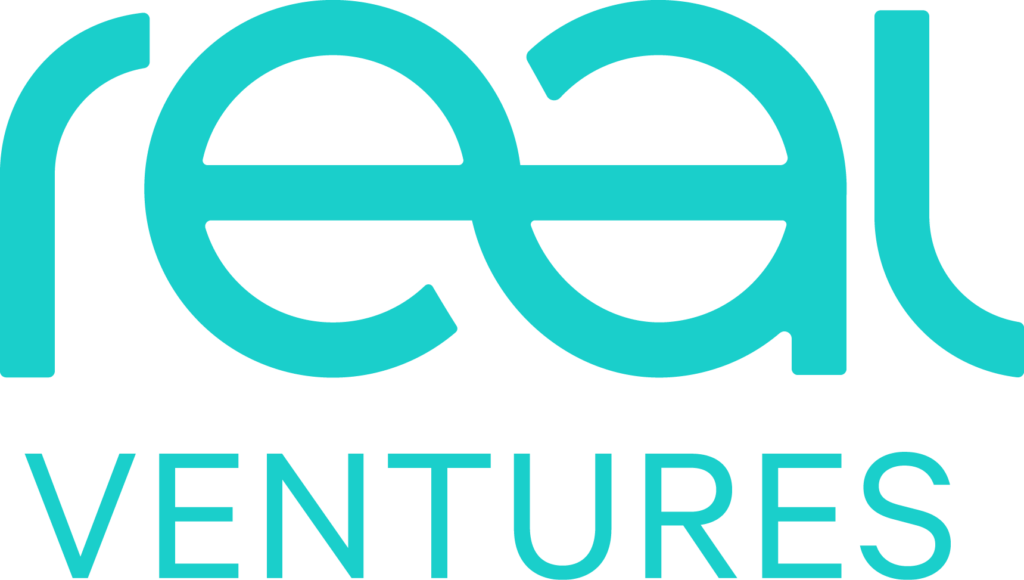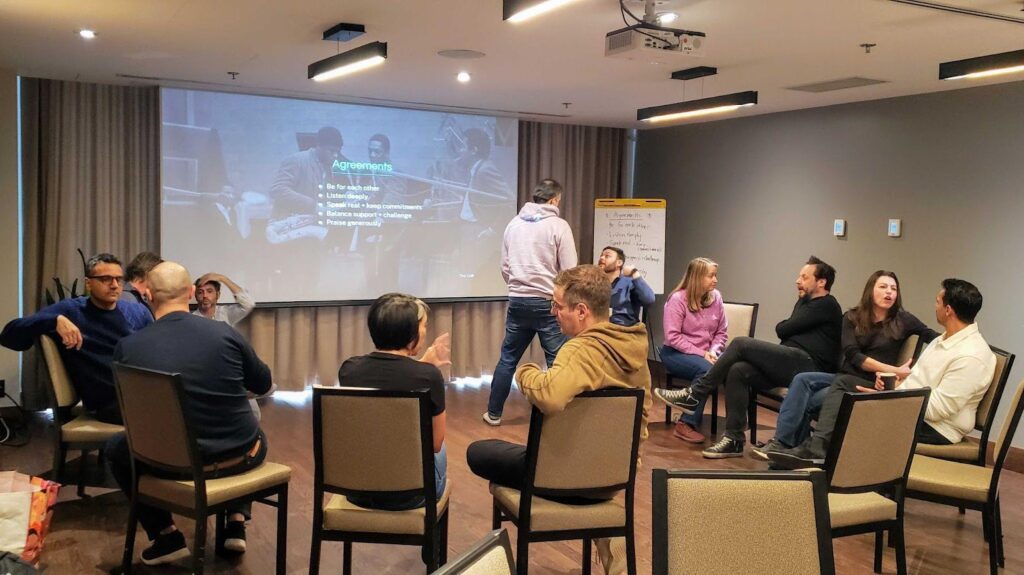When launching a startup, it’s easy to fall into the trap of believing that the product you’re developing is both the means and the ends of your business. But if recent times have taught us anything, it’s that the real game-changers are often entirely outside of our control, and the companies that can best leverage those curveballs are the ones that have a crystal clear sense of purpose, or as our Partner, JS Cournoyer, would say, they are growing and staying true to their essence.
Essense as the sum of its parts?
What is a company’s essence? According to JS, the first step to understanding it is for a founder to find his/her own essence.
“First, you look inward. Who are you? Why are you here? What is your purpose? How do you want to serve yourself, your loved ones, your community, your employees, your customers, your shareholders, your partners, humanity, society, nature, the planet? What is your vision of the world? What role will your company play in realizing that vision? Make sure the mission and values of the company are aligned with your own purpose and operating principles.” – JS Cournoyer, Board Partner at Real Ventures
The essence of a company can be separated into three hierarchical elements:
Vision
The top-level overview, the world that is being enabled by your company’s existence and success.
Mission
The reason why your company exists — the contribution of your company to the realization of the vision.
Values
The day-to-day operating principles with which you build a framework for your teams and employees to independently fulfill those mission milestones. These operating principles should be applied to the company culture and to every business process.
While talk of essence — of mission statements and vision and values — might feel like an abstract diversion from the core of your business, the truth is that no matter how revolutionary you believe your product to be, no matter how stellar your credentials, people’s ability to understand and trust who your company is and what it stands for is what will make or break you.
After all, studies have shown that people instinctively interact with companies as though they were also people. From your first interaction with anyone — customer, investor or potential hire — the who and how of your company are now just as important as the product or solution you are building.
“That essence of yours needs to be authentic, you need to apply it across the board, all the time and it needs to become the source of decision-making for the company. When it’s at the core of thought, word, action and creation, then it can become a competitive moat.” – JS Cournoyer, Board Partner at Real Ventures
Essence as a competitive advantage
As a baseline, your product is usually your competitive advantage. If it wasn’t, you likely wouldn’t have gotten this far. That advantage — be it from the product itself, the market fit, or the competitor inefficiencies you plan on exploiting — is what gives you a chance at winning your market. But product features are easily replicable and unless there’s something more, something deeper driving your business — a clarity of purpose that guides all decision-making and communications — what’s to keep competitors from outpacing you?
Clear essence helps you stand out
Great companies typically have multiple competitive advantages and when these advantages are deeply enmeshed with a strong and clear essence, they more significantly stand out. The most successful companies also know exactly how to communicate their essence — and people remember them for it. Are you Microsoft, developing dependable, integrated business solutions? Do you aim to be everyone’s ‘Third Place’, as Starbucks does, or have you always embraced the environment in your ethos like Patagonia?
We meet too many entrepreneurs who think their startup needs to do it all, or who assume their competitors had never thought of a solution like theirs before. More often than not, that’s simply not the case. While your competitors may have had similar ideas, it’s the specific mix of vision, purpose, expertise, insights and implementation that together give your company its edge. So own your story — the why and the who of what makes your company unique — and that unique essence will be noticed by those who matter.
Your essence defines your culture and helps you hire the best
Numbers show that 23 percent of startups fail due to a lack of team cohesion, while 47 percent of people looking for new jobs cite corporate culture as the main reason they’re leaving. While there’s no right way to build a company culture, there are countless wrong ones. What your company stands for, how you treat each other, work together, build, collaborate, innovate are all influenced by your essence — and if you are able to rally your team around a clear and compelling vision, it’s possible for your culture to become a moat.
“Here at Real Ventures, there’s a growing belief that culture can become a moat, especially a conscious culture aligned with a higher purpose and anchored on conscious leadership, which makes it future-proof. As a company grows, that culture should evolve to create the space for all of the people that are part of it to realize themselves fully, and we feel like that’s the only kind of sustainable culture.” – JS Cournoyer, Board Partner at Real Ventures
That culture starts first and foremost with its founders, so as discussed, start by aligning with your own essence. You can then identify and embrace what works for your team and build outwards from that core. If you work best in a non-hierarchical, team-led environment, then implant that explicitly into your company DNA as early as possible. By consciously developing the way in which your company operates, you’ll tailor it to what makes you most productive while also attracting employees that work best in that ecosystem, including some top-level talent that is searching for exactly your kind of company profile.
Essence as a source of sustainable resilience
A strong essence is the foundation of your brand. While brand building is too often considered a mere marketing exercise, a way of selling an image of yourself to the world, the truth is that your brand is just the most public-facing aspect of your company’s essence. Every time one of your engineers gives a talk at an industry conference, you integrate a new hire into your teams, or you choose to be upfront with stakeholders about an unforeseen challenge, the awareness of your company’s essence is growing. It’s a slow process, but it’s one for which no money or marketing campaign can buy you a shortcut. Managed carefully, it’s one that no competitor can take away from you, either.
So while you’re planning your market disruption in your early startup days, don’t neglect to lay the groundwork for the day when you might become the market — when you’ll be the one that other startups aim to disrupt. With current global uncertainties reframing how most of us do business, we’re all learning some hard lessons about what we’ve built. But the benefit of a strong company essence is both the resilience to survive those unexpected storms, and the solid foundation from which to seize the opportunities that inevitably emerge from a dramatically changed world.
**********
For more advice for growing teams and managing startups through turbulent times, sign up for our newsletter and follow us on Twitter, LinkedIn and Facebook.




